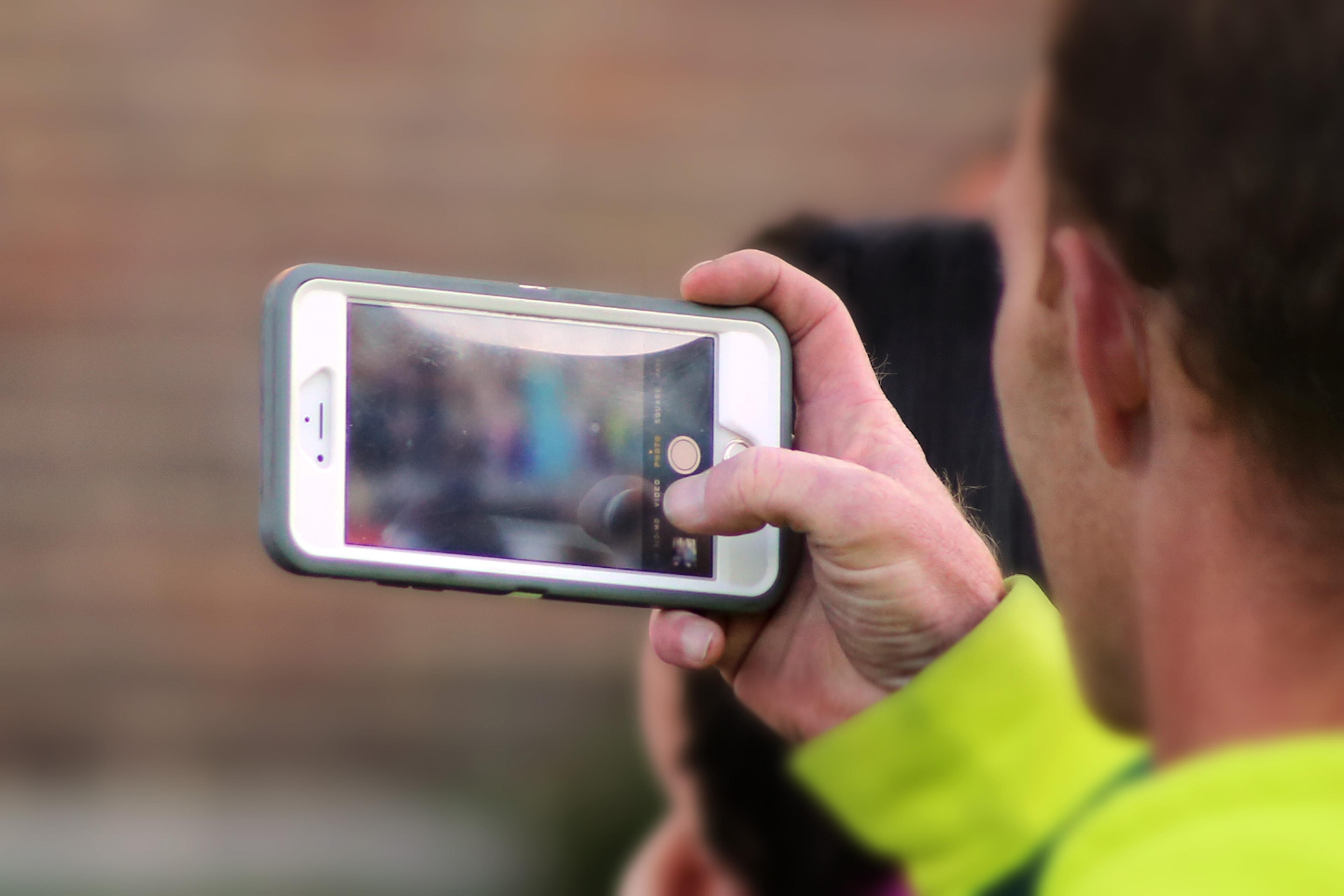Often working with just their phones, community journalists can shine light on movements, expose police brutality, and help protect activists from getting “disappeared” by an authoritarian government. At the same time, the wrong tweet—or especially livestream—can leave people in the street exposed to increased police surveillance.
From “snatch and grab” arrests in unmarked vans, to raids on the homes of perceived organizers, activists have good reason to be concerned. From Portland, Oregon, to Philadelphia, law enforcement acknowledge using livestreams and other social media to gather evidence.
As activists begin to face serious charges from the most recent wave of protests, there’s also more attention on the risks posed by inexperienced or unethical community journalists. Meanwhile, more people are protesting for the first time, with some newly taking up the role of community journalist. As such, a debate that’s been bubbling beneath the surface since at least the Occupy movement and Arab Spring is bursting to the forefront: the question of whether, and how, protests should be documented in real time online.




